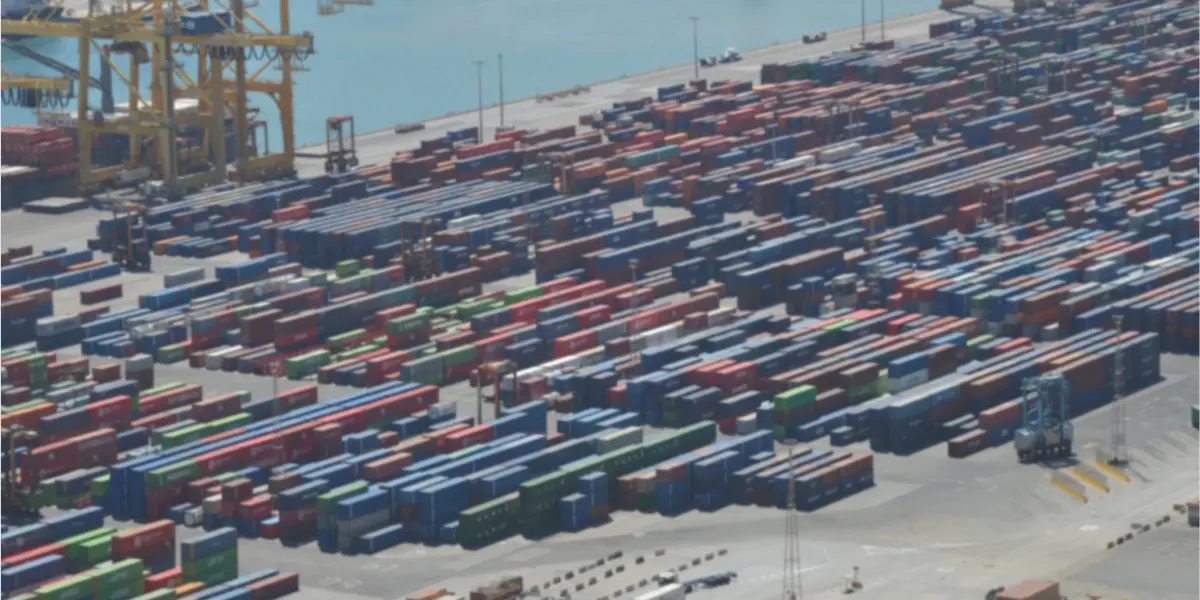As tariffs cast doubt on exit timing, here’s how private equity can defend its value

Potential, wide-sweeping tariffs are causing uncertainty for American businesses.
For private equity firms, especially those with exposure to global supply chains through manufacturing-heavy portfolios, the risk is threatening exit timing, talent retention and long-term value creation.
How are potential tariffs impacting private equity talent?
Tariff-induced uncertainty is making private equity portfolio value more difficult to calculate, and longer holding periods are a likely response.
Sponsors that were eyeing exits in the next 12 to 24 months are now reconsidering. Private equity firms are already navigating longer-than-average holding periods, and that trend may accelerate if trade tensions continue.
Related: The private equity playbook
For many portfolio leaders, exit-based equity is a major part of their compensation. Without a clear exit date on the horizon, it’s possible that top talent will become dissatisfied in their current roles or, in extreme cases, leave.
Losing a key operator mid-hold not only disrupts continuity, but it also puts the firm at risk of diminishing the value those leaders were building in the first place.
As private equity leaders navigate these hurdles, here are three strategies to manage portfolio talent and protect value:
Over-communicate with your portfolio leaders:
Overcommunication is the first step in getting ahead of these challenges. When exits get delayed, portfolio leadership needs clarity on timing and what will make the business more valuable in the meantime.
Firms that engage early and often in those conversations have a better shot at keeping their teams motivated.
Consider a stay bonus for mission-critical roles
Money matters too. If equity feels out of reach or too far down the road, think about adding a stay bonus for key executives. This can take the form of cash or additional equity in the deal, both of which can come with a vesting schedule.
Related: Do private equity portfolio operations teams earn carried interest?
Creative compensation incentives show commitment from the sponsor and gives your top talent a milestone they can see. These don’t have to be massive numbers; what matters is that they’re meaningful and tied to continued performance.
Ask yourself: “do we have the right people in place?”
A longer hold shifts the nature of the work. What made someone the ideal CEO at acquisition may not be what’s needed now. If the plan is to keep building and adapting through a volatile stretch, you need people who thrive in that kind of operating environment.
CEOs, CFOs, chiefs of staff, FP&A leaders, controllers, transformation executives and post-merger integration leaders all play pivotal roles in keeping growth on track, and they’re often the ones private equity firms target when reevaluating portfolio teams.
Additionally, as operating profit becomes an even bigger lever for value creation, the demand for true operational leaders rises. Supply chain experts with deep import/export knowledge and a track record of managing through tariff uncertainty or leading offshoring/onshoring transitions can also be force multipliers in this environment.
Delayed exits mean it’s time to build resilient, high-performing teams who can keep growing value no matter how long the hold ends up being.
The takeaway:
Potential tariffs are creating uncertainty for private equity firms, making it harder to assess portfolio value and forcing many to reconsider planned exits. This uncertainty is driving longer hold periods, which can lead to talent dissatisfaction and potential leadership turnover, threatening value creation.
To protect portfolio performance, we encourage firms to over-communicate with leadership, offer stay bonuses for key roles and reassess whether they have the best people in place.
SIMILAR ARTICLES
Meaningful conversations: How our deal-sourcing team connects with founders
We launched our transaction services business with the guiding philosophy that meaningful conversations lead to successful deals.
The new era of workplace wellness at Charles Aris
Throughout the past year, we’ve also integrated firmwide activities into our culture to promote healthy meditation, social events and exercise.
Charles Aris in the community
Our firm places a high value on giving back to our communities, and our team members have been working alongside several organizations to do so.




